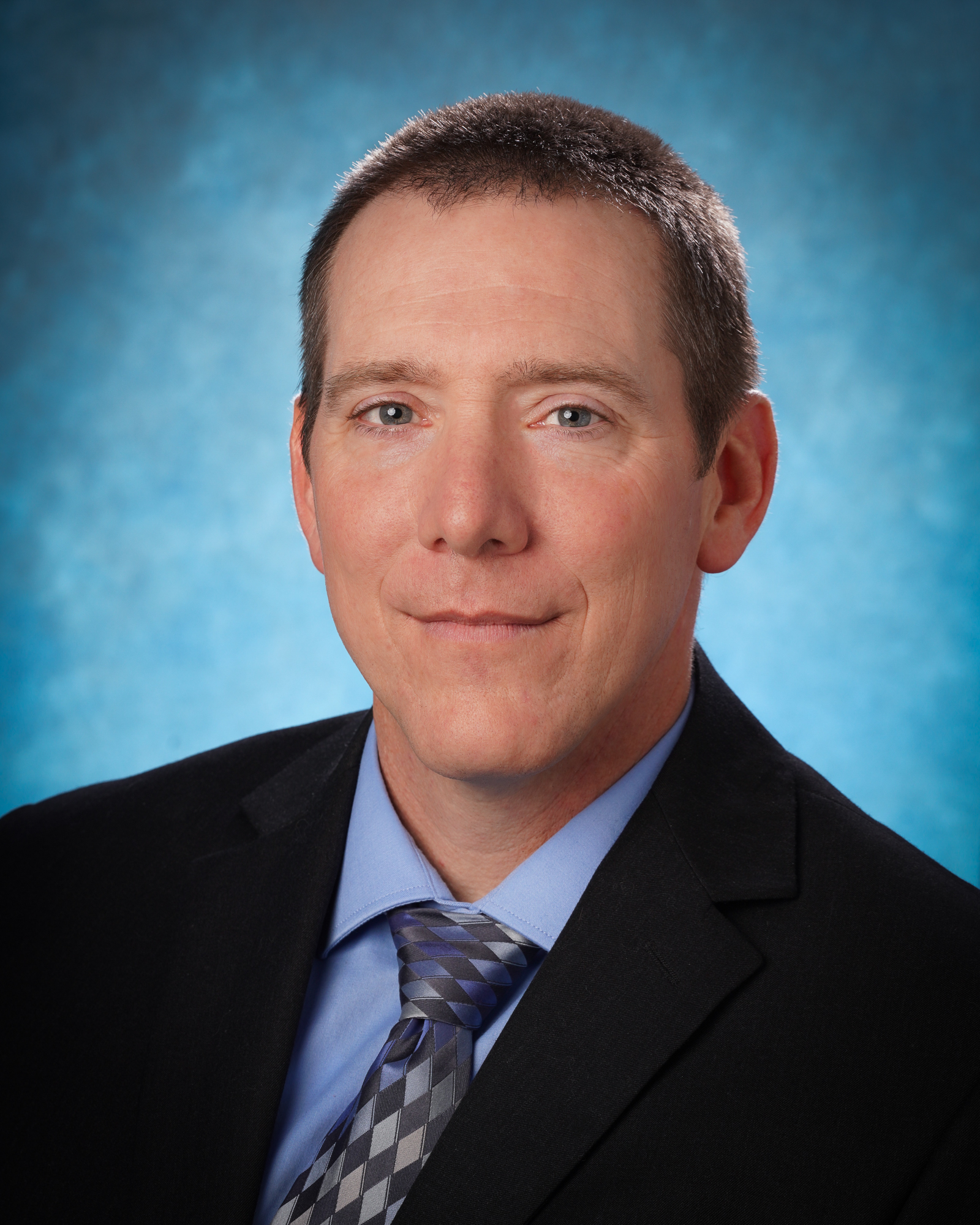
If you like cliches, I have a million of them. But this one is different. Reverend John C. Maxwell wrote about teamwork in his book, Teamwork Makes the Dreamwork. Reverend Maxwell took the phrase as an adaptation of a biblical reference in the Old Testament. That means the importance of teamwork is as old as time. But to truly hit the ball out of the park, we need to take a deeper dive into the science of teamwork, specifically in health care.
In 2013, researchers from several national patient safety organizations came together to develop recommendations for improving health care delivery in this country. Their number one recommendation: teamwork. Specifically, they called for the empowerment of frontline health care workers who deliver care in interprofessional teams to build upon a culture of safety. In their work, they saw a 20 percent improvement in safety, quality and patient experience outcomes when a team-based care environment existed. Back in 2013, that publication started a decade of redesign and training to facilitate our ability to work as teammates. As a sports medicine physician, it also piqued my interest in the subject of team performance.
As most of us know from our youth, just joining a team is not enough. We need to have an environment that supports team function. We need to develop as a team. And we need to grow into our roles as team members. Inspira’s values (I.C.R.E.A.T.E.) include teamwork as an essential element. This year, we have chosen to highlight that value as our focus through both the patient experience and the employee engagement processes. Leadership has committed to assessing and further refining our environment to allow for greater team development and performance. We have begun communication about teamwork through our Town Hall meetings and weekly messages. You will see this theme evolve throughout the year and will hear much more about it as we go.
By now, hopefully, you’re asking yourself, “What does it mean for me?” It’s a simple ask. Be a team player. Engage in the conversation. Learn the dynamics of team-based health care. Form high-value partnerships with your colleagues as you focus your work on what matters most—health care delivery to your patients. This could take the form of assisting in things you do not commonly do. It may be stepping outside of your normal routine to aid a patient in navigating our facilities.
It may even be as simple as “managing up,” highlighting the talent and strengths of your colleagues to deliver total care to your patient. For example, a physician may say, “I don’t know how to adjust the bed settings, but I will get the nurse to help us because I know he has been trained on the bed.” A nurse may say, “I don’t know when your CT is scheduled, but I will check with radiology to get a time for us.” All of these things may seem small to us, but they make a difference in a patient’s day. It also demonstrates to patients that we collaborate well and, together, we make up their total health care team.
Until next time,
Tony Reed, M.D.
SVP, Chief Quality and Safety Officer
If either of them falls down, one can help the other up. But pity anyone who falls and has no one to help them up.” –Ecclesiastes 4:10

